Consoles That Don't Play Used Games, And How You Could Benefit
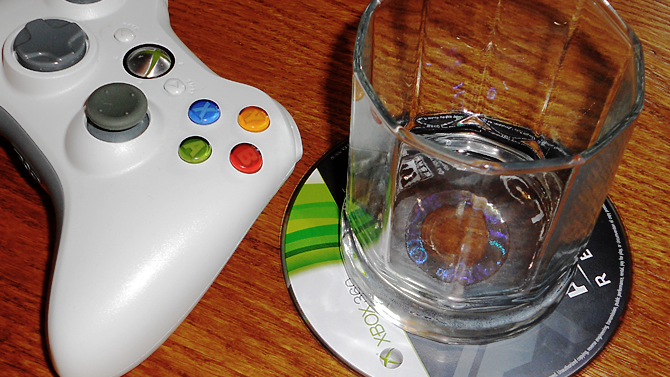
There’s been a lot of discussion lately about rumors that the next Xbox and PlayStation will both have some sort of system in place that keeps them from playing used games. Unsurprisingly, gamers have reacted mostly negatively to the idea of having the new-or-used choice removed from them. But I’d like to play devil’s advocate for a moment, and ask: could gamers potentially benefit from consoles that don’t play used games?
How Will It Work?
That’s the question on everyone’s minds. Nothing has been confirmed yet, but I think we can get a good general idea by looking at console games that already did it in this generation, such as DC Universe Online.
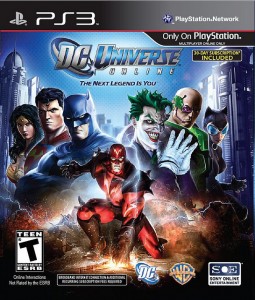 Before it went free-to-play, DC Universe Online was released for PC and PS3 as a disc-based game. PC gamers might be used to concept of MMOs that require a subscription on top of buying the disc, but it came as a shock to console gamers that they’d have to pay $60 for the game itself and one month of play, followed by $15 for each additional month.
Before it went free-to-play, DC Universe Online was released for PC and PS3 as a disc-based game. PC gamers might be used to concept of MMOs that require a subscription on top of buying the disc, but it came as a shock to console gamers that they’d have to pay $60 for the game itself and one month of play, followed by $15 for each additional month.
But that wasn’t all. If they decided they didn’t like the game enough to continue playing after the first month, they couldn’t recoup their loss by selling it. Similar to online passes, the game came with a unique PSN key that could only be used once. However, PSN keys weren’t sold in the PS Store, so a used copy would be essentially worthless.
I think it’s pretty safe to assume next gen games would work in a similar way, though whether they’ll still require manually entering codes or if consoles will now be able to read a code straight from the disc is another question.
But why would gamers ever stand for this, let alone embrace it?
The Digital Download Factor
Imagine a world where—much like PC games on Steam—games are available to download right from your console on the same day they’re available in stores, and for a lower price, with no more need to disc swap. At that point, the physical copy exists mainly for people who don’t have an internet connection, don’t have enough free space, or are collectors and planned to keep the game anyways.
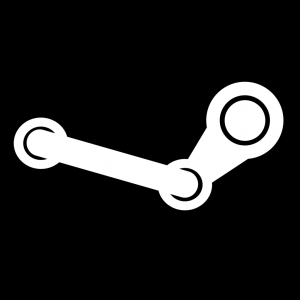 But you don’t have to imagine it, because Sony’s PS Vita is already doing just that. Some will argue that the price of extra download space to store the games doesn’t quite make up for the discount, but stay with me here. Sony and Microsoft both seem eager to embrace the Steam model, where gamers are regularly purchasing full retail releases as digital downloads, driven by frequent discounts. Microsoft has dabbled with the idea of full retail downloads for years with their Games On Demand program, and Sony recently offered Mass Effect 3 as a download on the same day it was released to stores.
But you don’t have to imagine it, because Sony’s PS Vita is already doing just that. Some will argue that the price of extra download space to store the games doesn’t quite make up for the discount, but stay with me here. Sony and Microsoft both seem eager to embrace the Steam model, where gamers are regularly purchasing full retail releases as digital downloads, driven by frequent discounts. Microsoft has dabbled with the idea of full retail downloads for years with their Games On Demand program, and Sony recently offered Mass Effect 3 as a download on the same day it was released to stores.
But will they ever be as ambitious as Steam in experimenting with the economics of videogames? Both Microsoft and Sony have clearly come to see the benefit of digital discounts, as they continue to explore ideas with their weekly sales, but both are also clearly far more conservative in their approach.
How You Could Benefit
The reason publishers like the idea of eliminating the used games market is because they perceive it to be cutting into their profit margin. To an extent this is true: if a customer buys a used copy of a new release for $55 so they can save $5, they likely would have paid the full $60 if used games didn’t exist, giving the publisher an extra sale.
But what I think most publishers aren’t taking into account is just how many people who buy a game at launch do so only because they know they can often recoup about half of the cost by being able to sell it. If the ability to resell games disappears, the sales numbers at launch of new games are going to drop significantly. I think it may come as a shock to publishers just how few people are willing to spend $60 on a game without the ability to get any of it back, especially in this economy.
And that’s where you might benefit. Because eventually the pool of early adopters is going to shrink so much, that in order for the average game to move enough units to not be declare a flop, the average launch price is going to have to be readjusted.
There’s no denying that there will be some growing pains at first. Some publishers will be too stubborn to accept the evidence given by Gabe Newell that games may be too expensive. But eventually they’ll either have to embrace the new gaming world they’ve created, or end up closing their doors after too many high priced low selling games. Only those who price competitively will survive.
That is, assuming Microsoft and Sony actually go through with it.










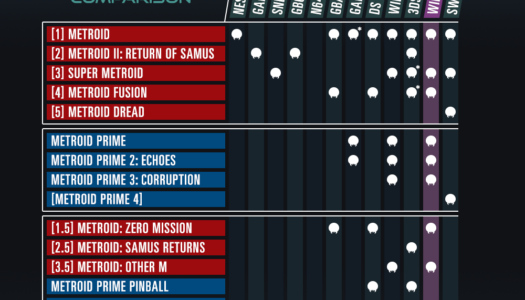
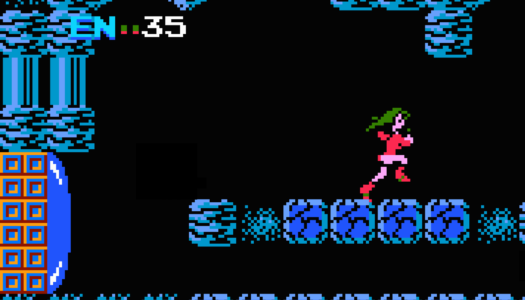
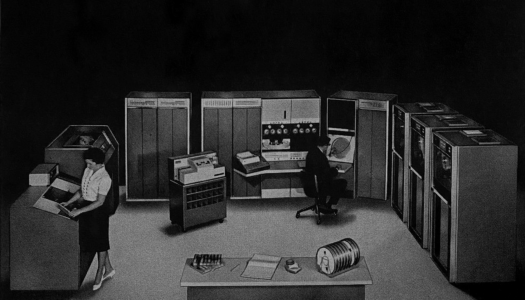
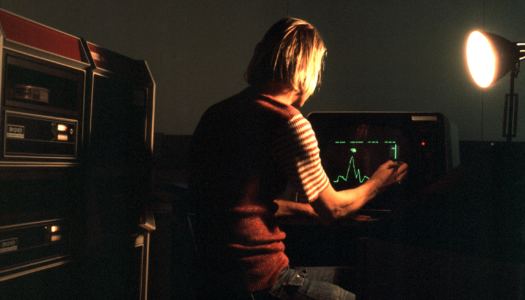
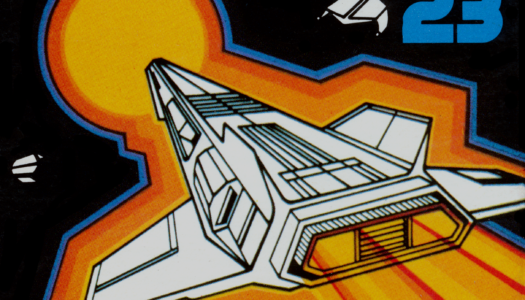

April 9, 2012
… except for the part where publishers and developers suffer so much that doors are closed and fewer games/copies of games are produced, essentially resulting in another industry crash. And who would benefit from that?
Sure, the prices would eventually drop. But that’s EVENTUALLY. Meanwhile, the entire gaming industry will suffer while we all wait for games to get cheaper.
And that’s only if the millions of casual gamers out there who don’t know any better/don’t care decide they’re not gonna screw it all up by going out and buying whatever is released at full retail, anyway. It’s not hard to find an example of a game that shouldn’t have sold as well as it did- due to laziness on the developer end that resulted in a less than quality product for no good reason- but somehow made stellar numbers on the backs of people who just go out and buy without any thought or consideration.
There are too many problems with the used market being shut down for anyone to have any sort of benefit, least of all, gamers.
May 11, 2012
The only problem i see with digital downloads for console is competition. Granted steam has a virtual monopoly on PC gaming, but that doesnt mean there isn’t any competiton. If console where to have a steam like store i feel as if the customer would be at a disadvantage as there would be no other place to buy games from but the “sony” or “microsoft” stores (I mean microsoft doesn’t let valve release DLC for free and are forced to charge gamers for DLC, whereas steam users get the same content for free because M$ wants to make a few more $ even when the developer doesn’t mind giving it away for free). No competition means higher prices for gamers. I have been a gamer for many years and one of the shifts i seen in recent years that i hate is the shift away from traditional expansion packs to DLC. I mean how do activision get away with charge like £11 for a few maps when in team fortress 2 they give maps away free with updates. Going forward into gaming i see it less about games and the content within them and more and more about milking the gamer. Taking out competition (such as retail stores or places like amazon) will give them free reign to hike prices eventually. You could argue that the console will be in competition with each other and hence will drive down price but i think that is wrong as most people usually only have 1 console and not 3 so they will effectively be locked in. I think that instead of competing agianst each other they will form a “cartel” and fix prices.
May 11, 2012
While its true that someone who didn’t research which store is better would be locked into their one console, I think “which store is best” will end up being something that influences which console the knowledgeable gamer buys. For instance, if the Gabecube does happen, that would be the console I would go with, because Steam has the best prices.
May 12, 2012
Hmm, I’m still not convinced just take a look at the xbox live service, its there not to provide the gamer with a good service, its there to milk the gamers for every last penny. I mean how can they justify charging so much to change your name and like I said they force developers to charge for DLC even if the developer wants to give it away for free, yet it’s still the most popular console. Truth is that most people don’t bother to actually do any research (if they did most console gamers would convert to PC gaming), they just watch the ad’s and all the marketing buzz and are usually sucked in. And I think the only reason that Valve are able to give away so much free content and DLC is because it’s privately and has no stockholders demanding bigger and bigger profits each year (because there’s no such thing as enough profits for shareholders) where as Valve not being a publicly listed company means they can afford to give a lot more back and still be confortable money wise, I mean I bet gabe could retire tomorrow without money troubles.
June 29, 2012
All valid points. Just look at the cost of XBOX Digital download games. 0 hardware, packaging and postage. No shipping. Requires a large download AND storage on a drive, Both of these cost us money already. In effect we are paying for a game almost twice over! Not too mention the rental situation, I rent almost any game i plan on buying first, if it hasn’t got me in 1 night, i keep my cash. I got Mass effect 3 special edition within a week of its release and it is still paid LESS than what Microsoft is charging for it now through DD. By less i mean around $50NZ less. I call that a fail. Needless to say my next investment is into a gaming PC to replace my laptop. The XBOX 360 will remain but if rumours are true than that’s it for consoles in my house.